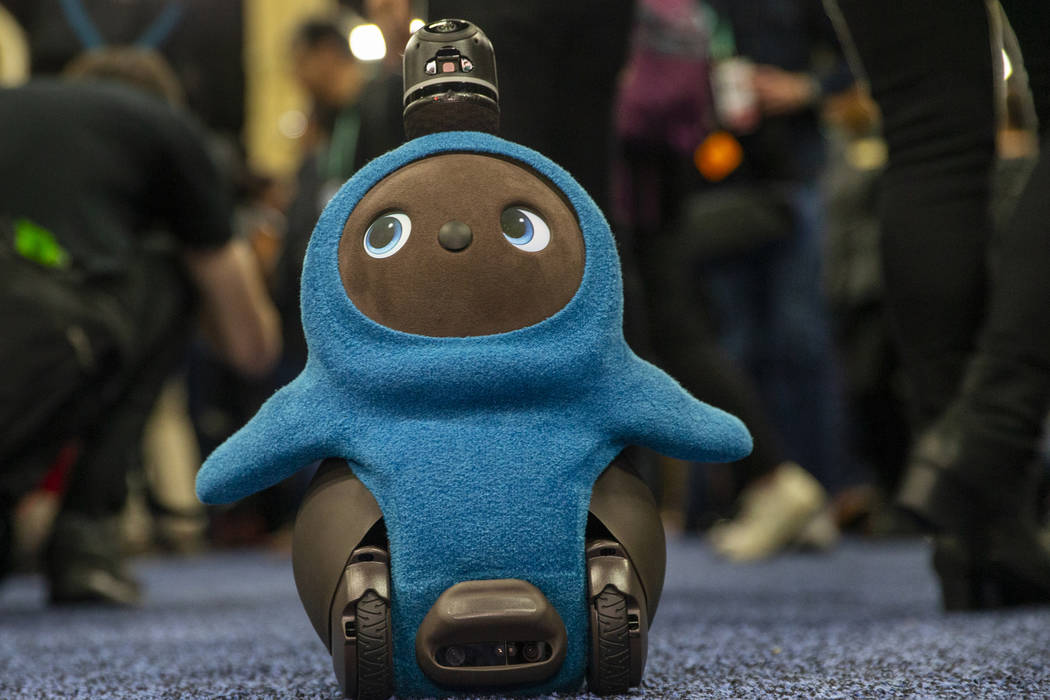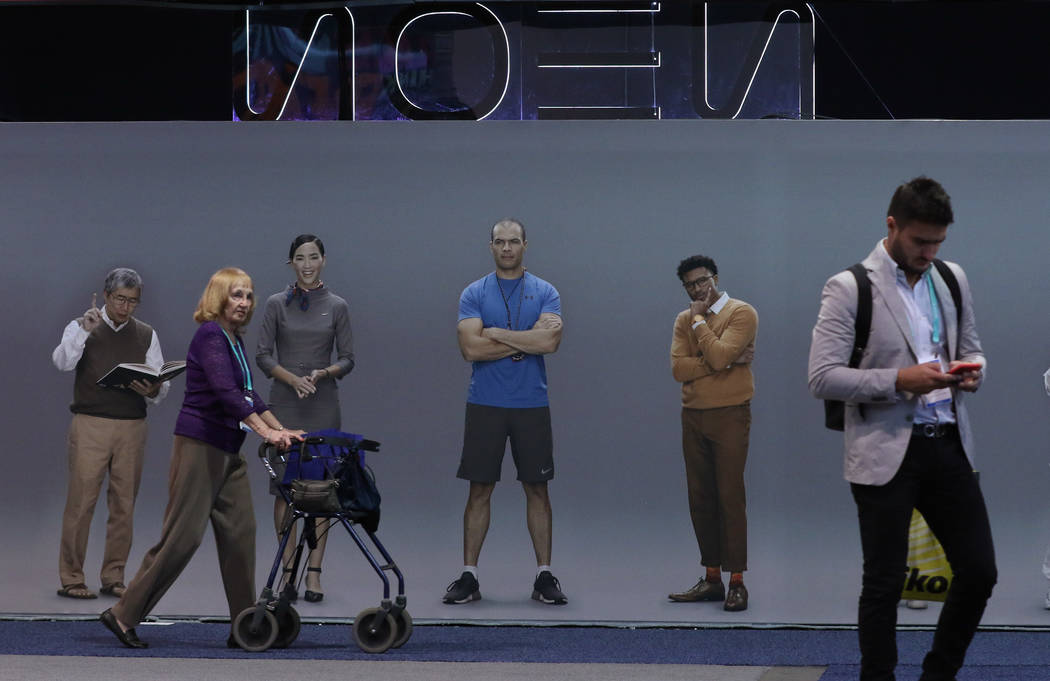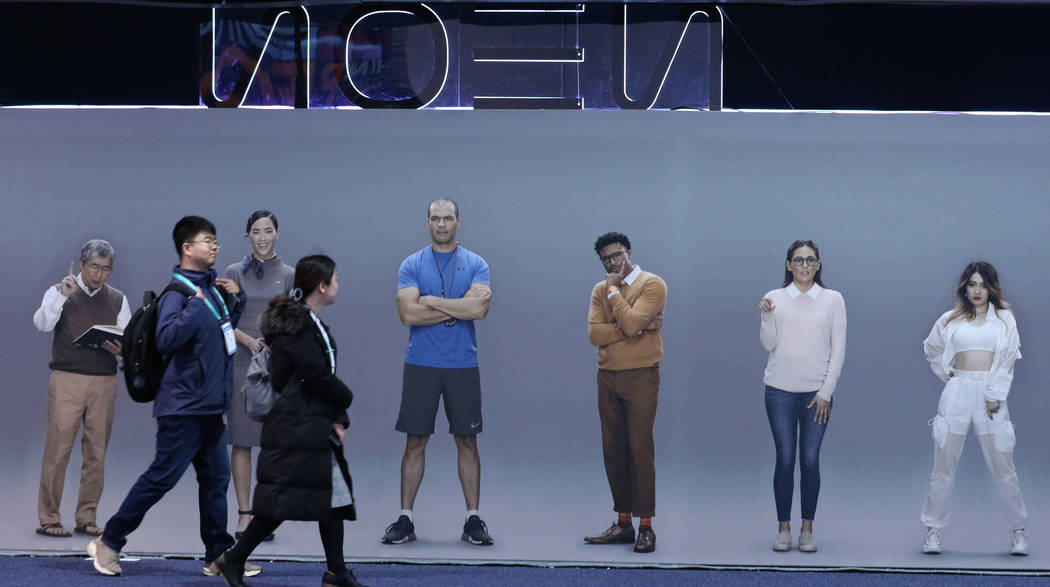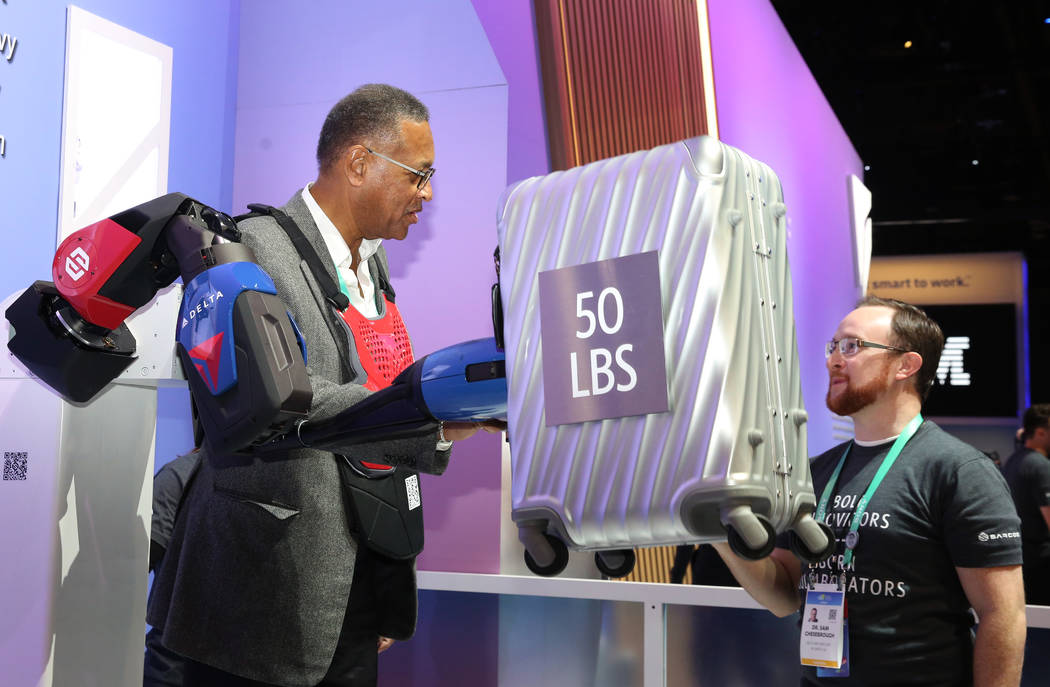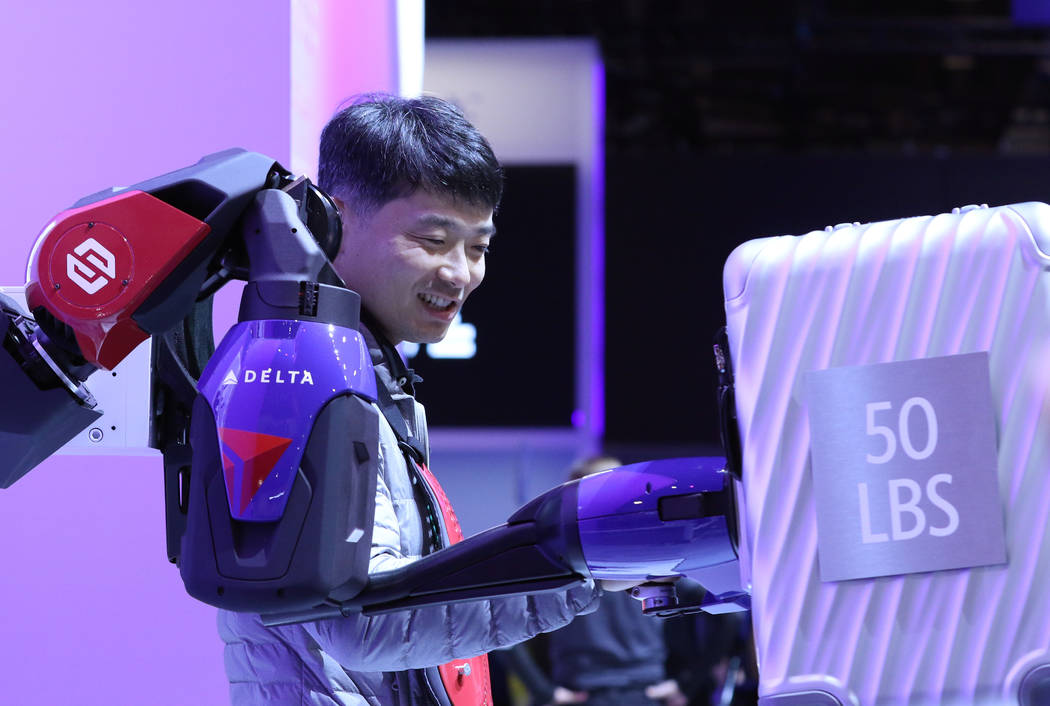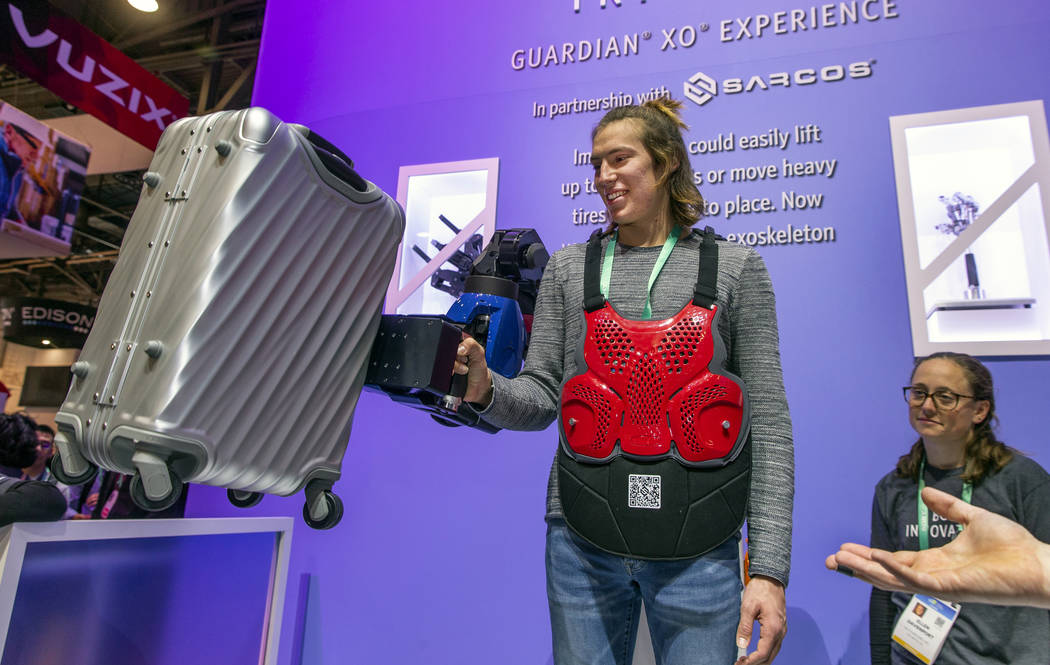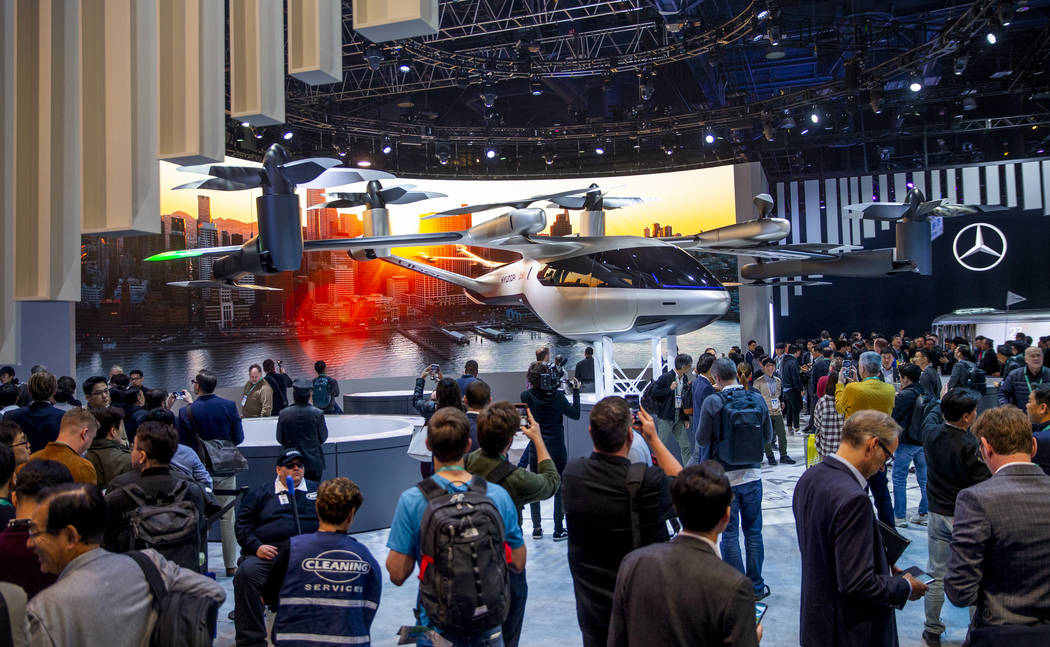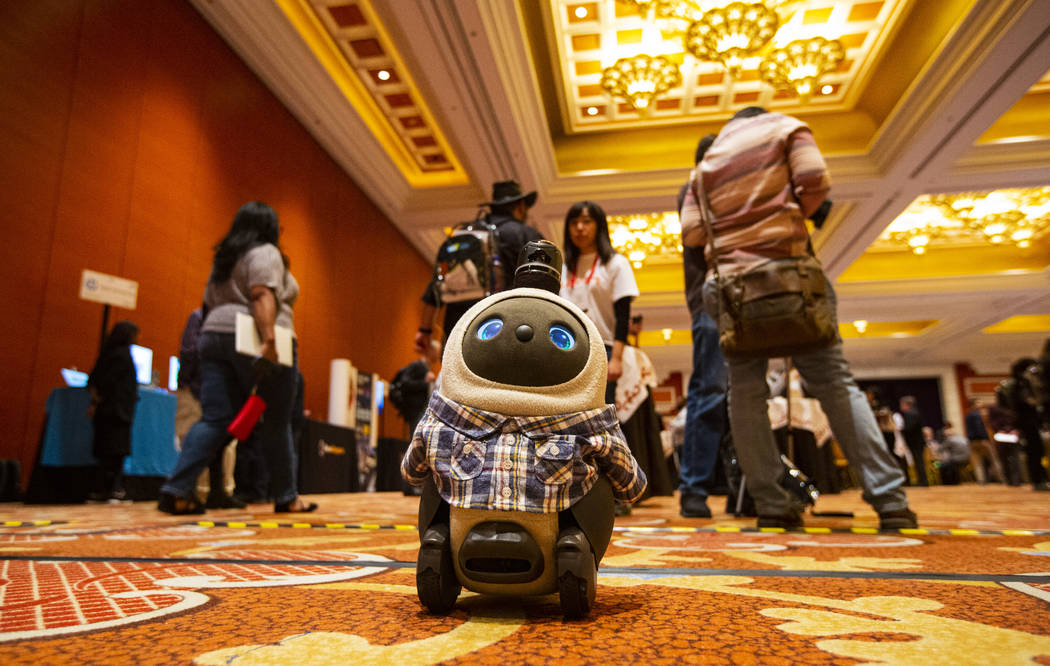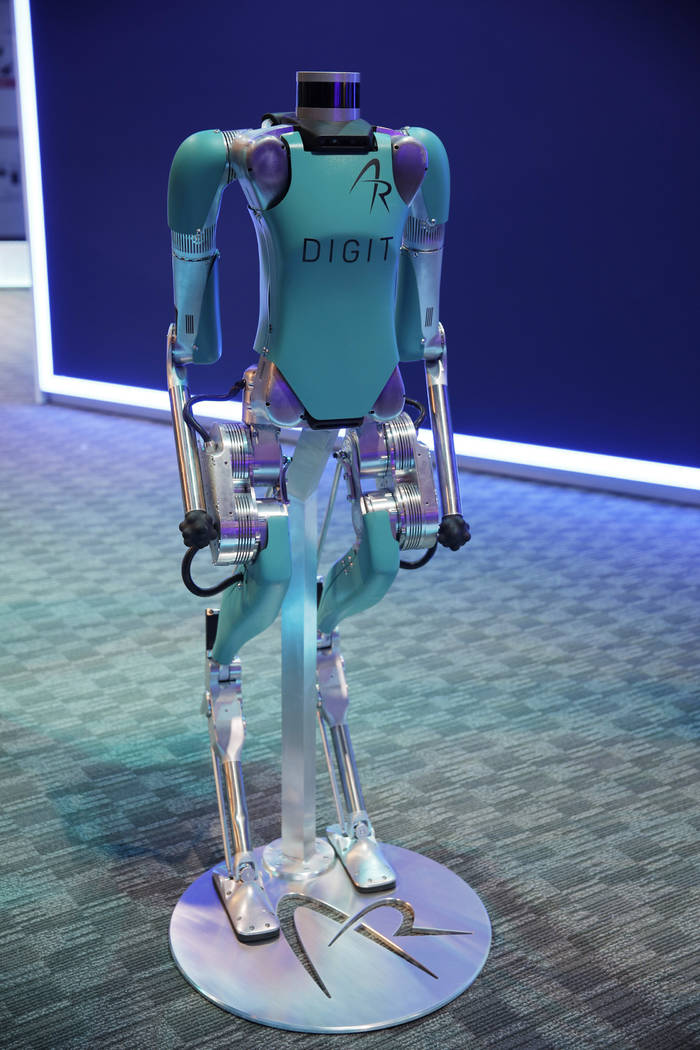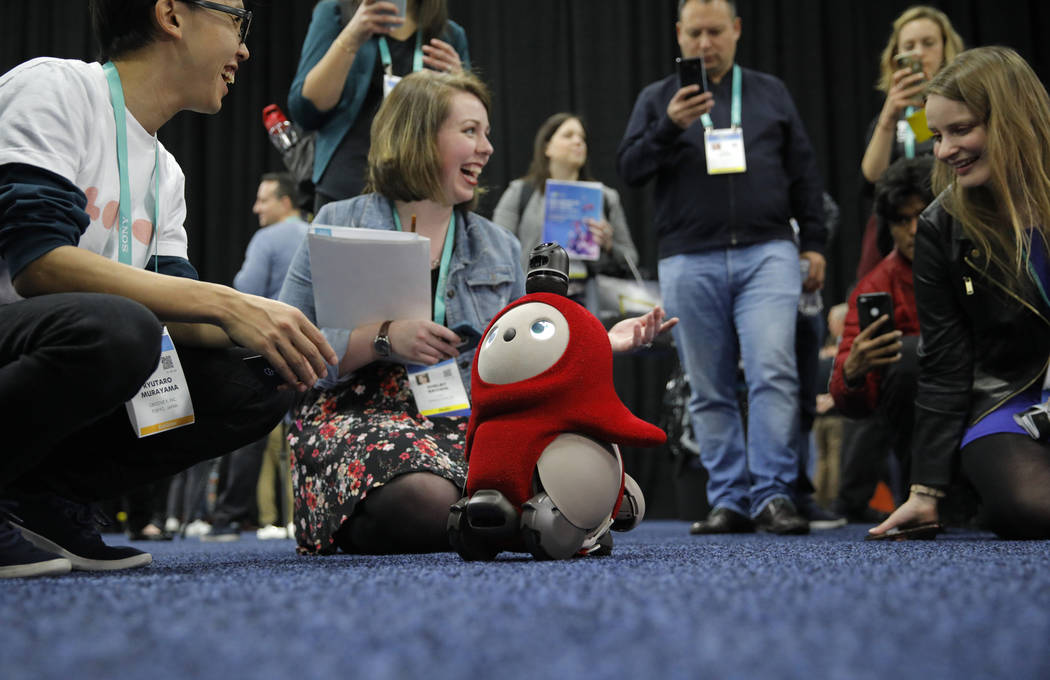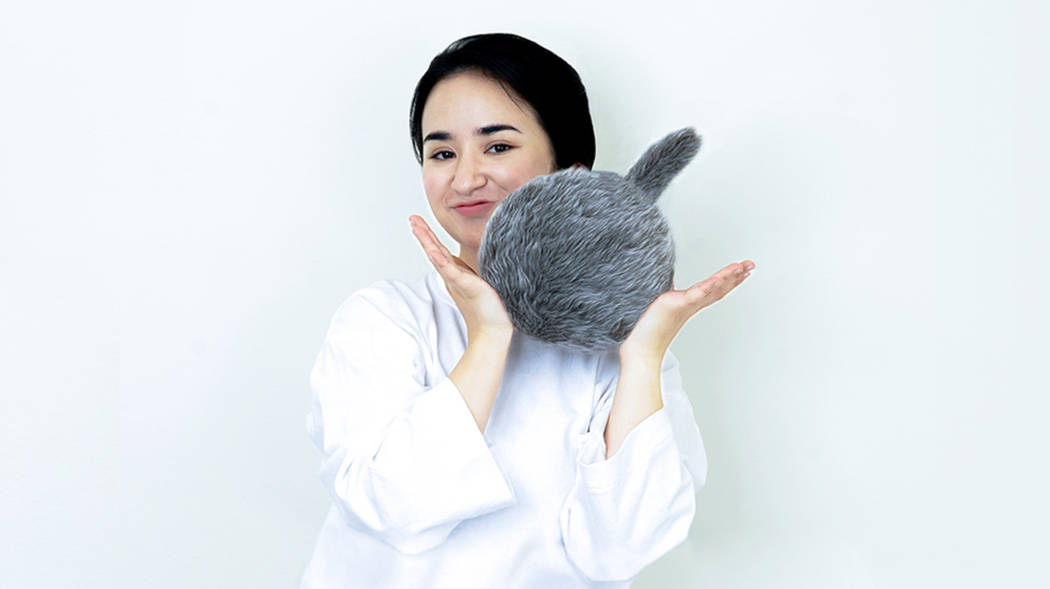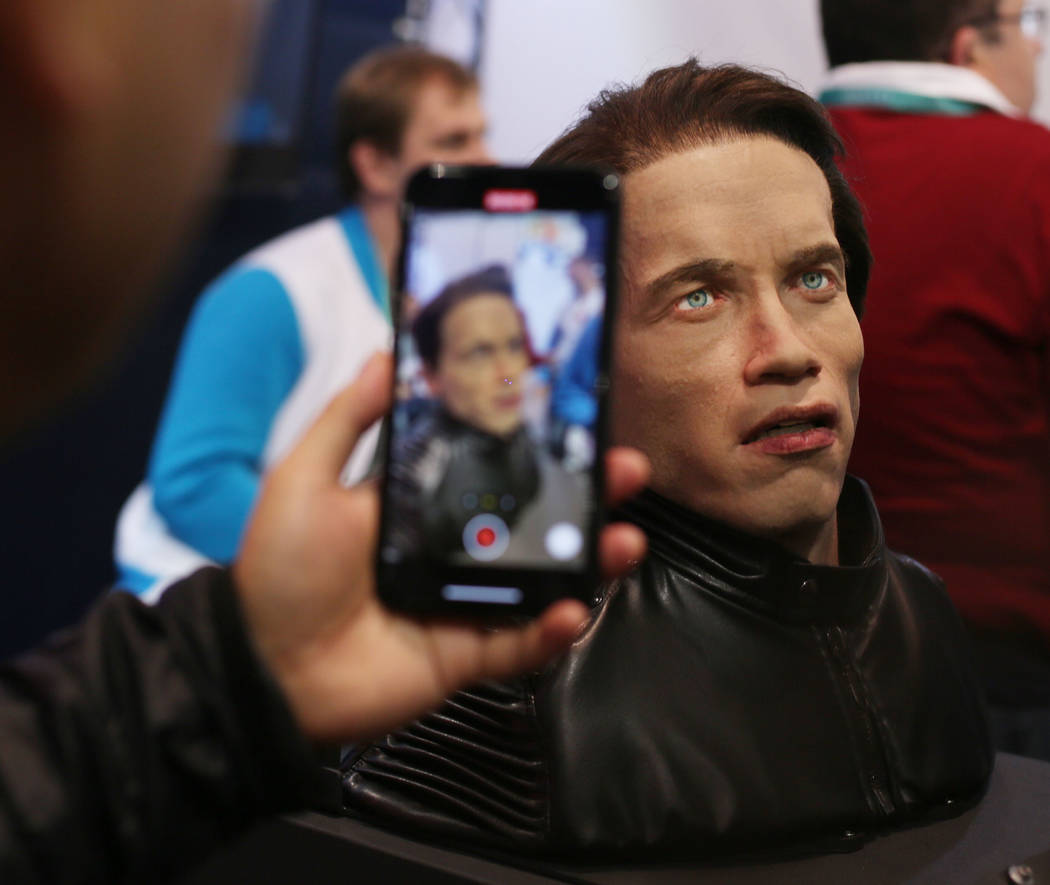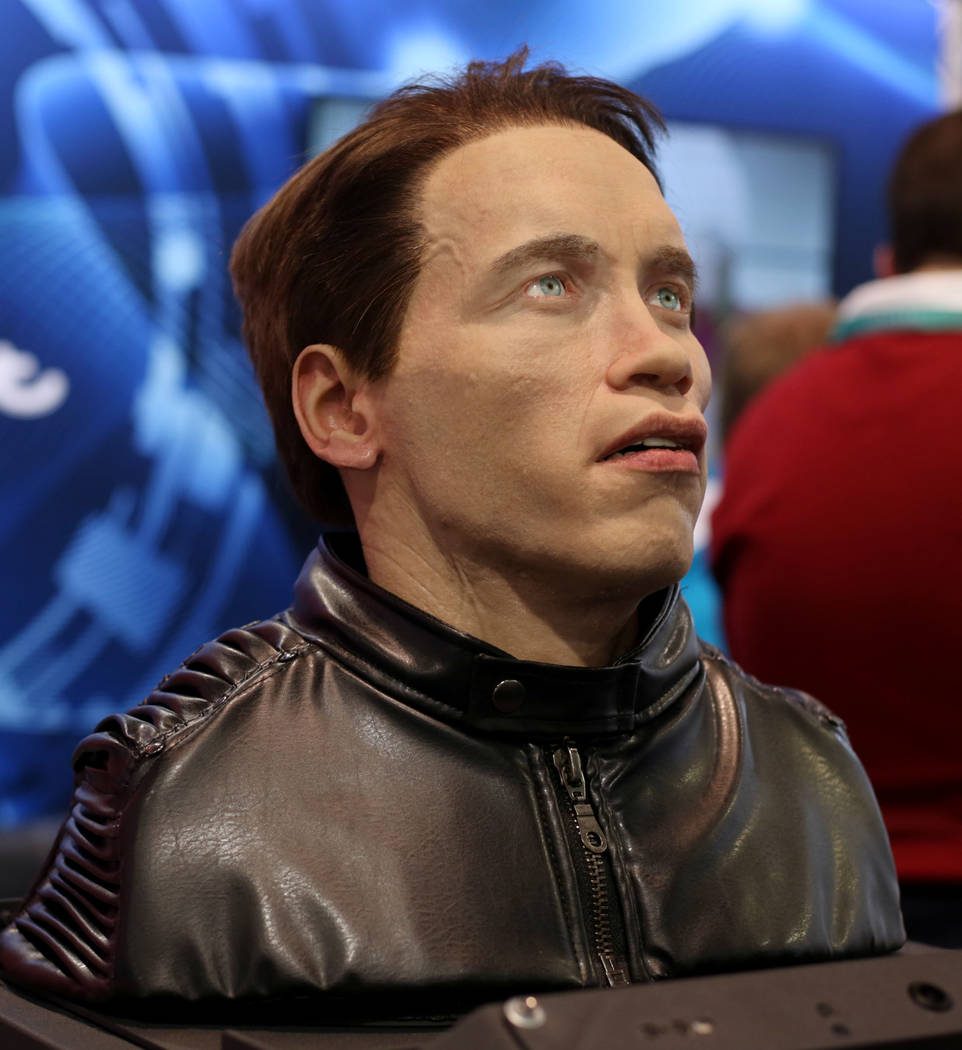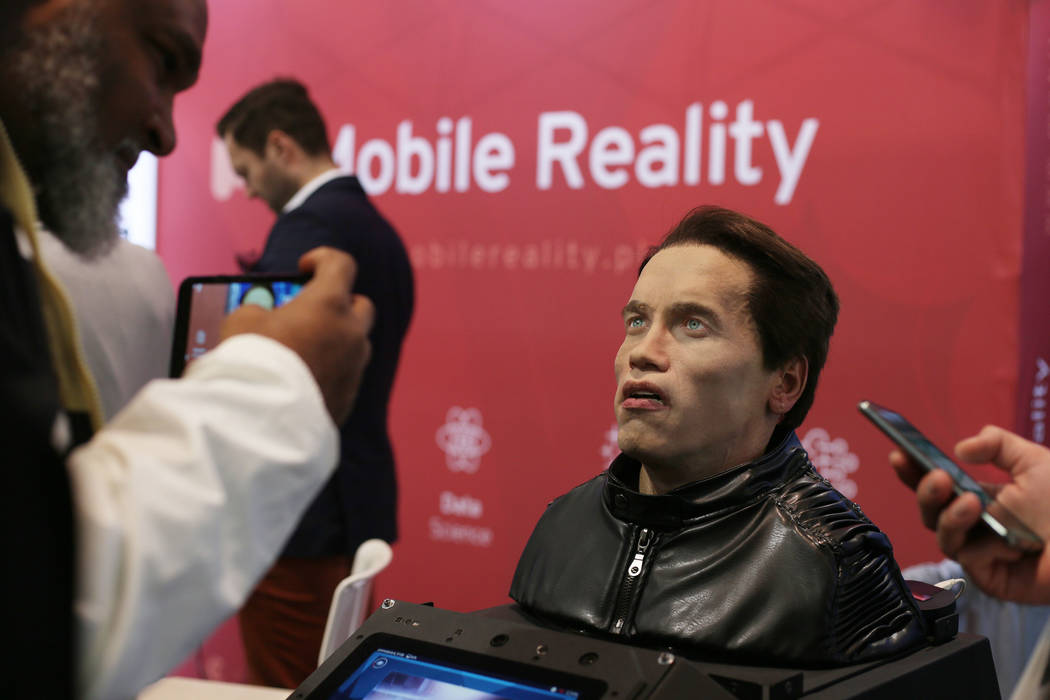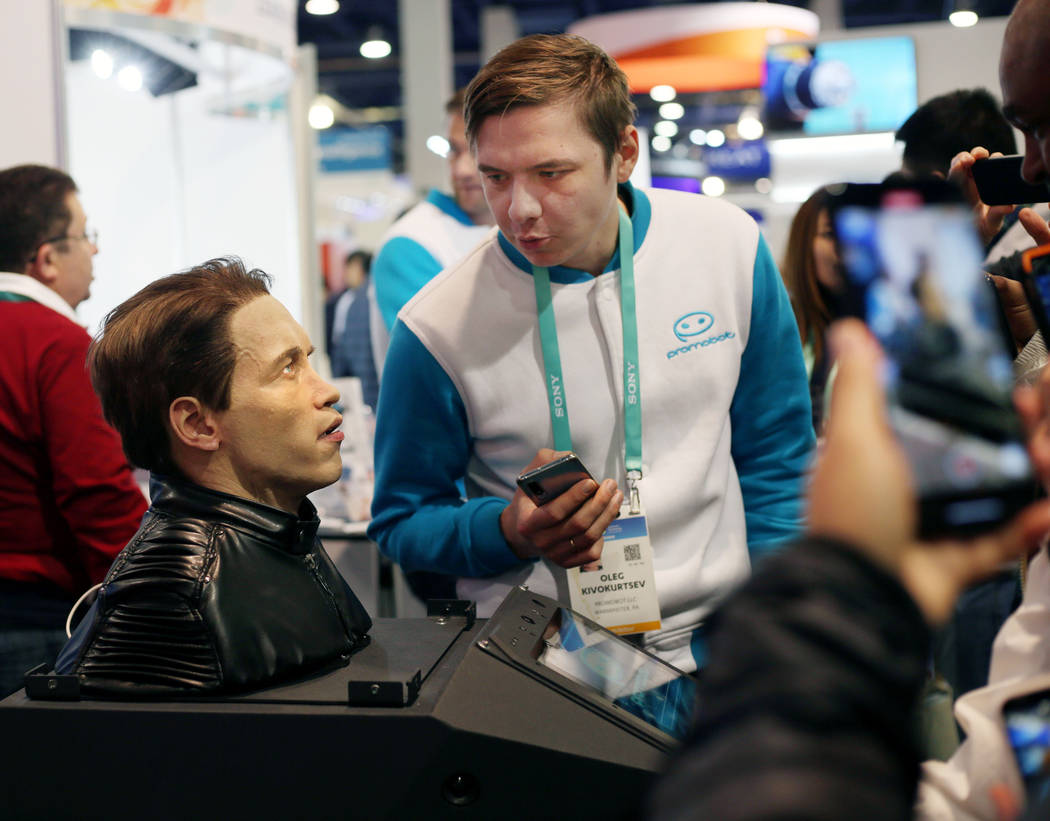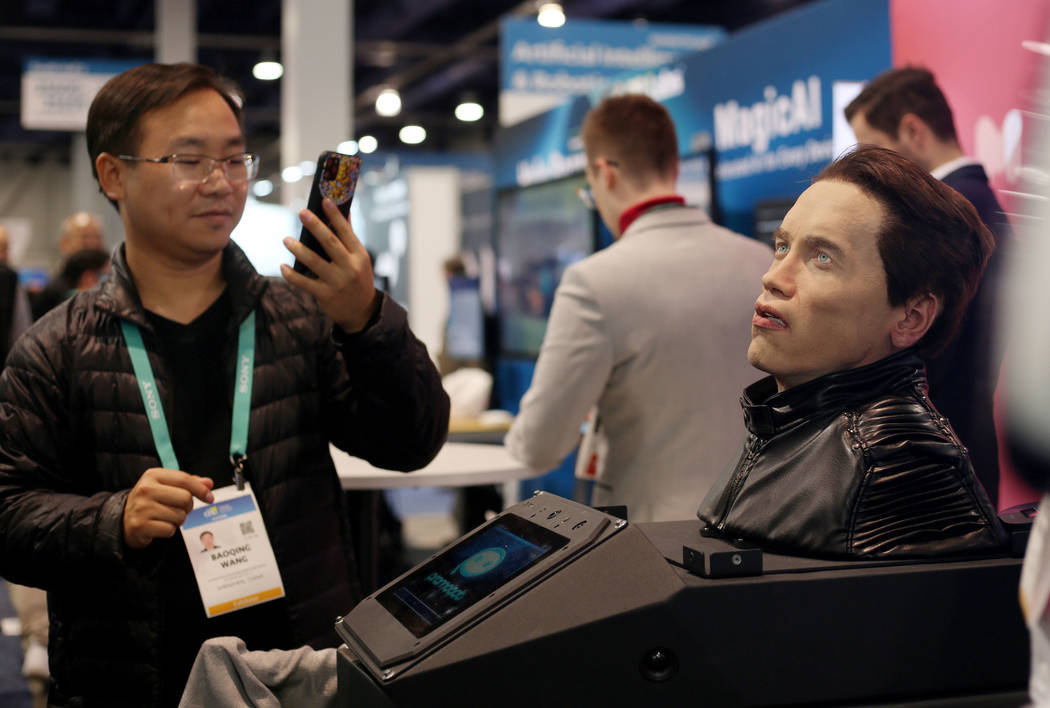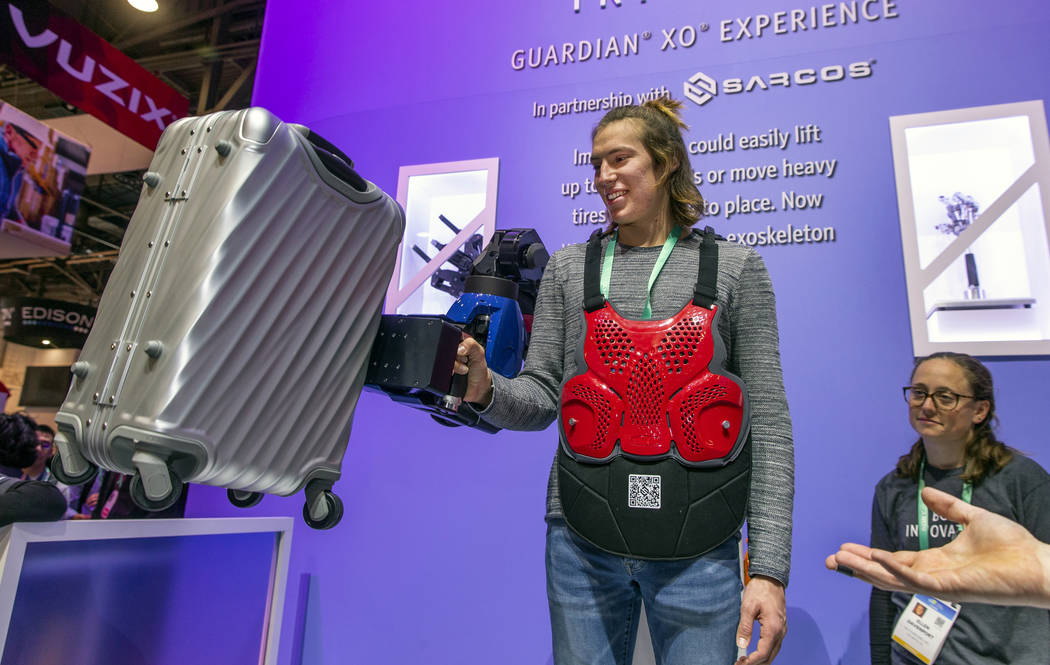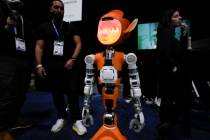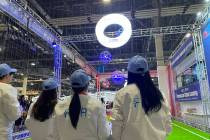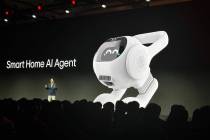6 products that stood out at CES 2020
We may have lost all hope as a species when you can walk into CES — the greatest assemblage of technological ingenuity the galaxy has ever seen — and be confronted by a singular depressing thought:
Is this all there is?
Even as recently as a decade ago, the majority of the tech on display would have been considered some form of witchcraft, but regular attendees have seen pretty much everything before.
With no real breakout products — an inordinate amount of attention was heaped on Charmin’s jokey Rollbot, whose sole purpose is to deliver its owner an extra roll of toilet paper via a smartphone app — it’s difficult not to think of this year’s edition as more incremental than innovative.
Here’s a look back at CES 2020:
CES 2019 2.0
Jaws dropped last year when Uber and helicopter manufacturer Bell jointly unveiled a flying taxi. This year, Bell was back and gained a competitor in Hyundai, with both companies offering somewhat better flying taxis.
Lovot, the adorable big-eyed robot that will scoot around your home in search of affection, was one of this year’s most talked-about products. It — He? She? — was here last year as well. It was just a prototype then. Now it’s available for sale in Japan for the equivalent of nearly $3,000. Also, this year it can wear a tiny flannel shirt.
If it was cool in 2020, there’s a better-than-average chance that it was there, slightly less cool, in 2019.
The rise of the machines
“Terminator” jokes may be old, but they’ll never be inaccurate.
Some of the loudest — and, quite frankly, most terrifying — buzz heading into CES centered on Neon, a creation of Samsung subsidiary STAR Labs, that promised to introduce the “first artificial human.” Disappointingly — or thankfully, depending on your perspective — Neon turned out to be just a series of advanced humanoid avatars with no real purpose.
Elsewhere, Digit, a bipedal delivery robot from Agility Robotics, can stack and carry boxes weighing up to 40 pounds, climb stairs and can catch itself and recover from falls. The only thing it’s missing is a head.
Promobot hopefully was in on the joke when it introduced Robo-C, a humanoid robotic head designed to look like a “Terminator”-era Arnold Schwarzenegger. The company can customize a head, with a reported 600 facial expressions, based on anyone — a favorite celebrity, former girlfriend, deceased loved one, etc. — at a cost of $25,000.
South Korea’s Moderntec showed off its robot arm charging station, which lets assembly line-style robots plug themselves in and get more juice.
If these products should ever happen to find each other, may Sarah Connor help us all.
Our best defense against those machines
Sarcos Robotics showcased its Guardian XO, a battery-powered, full-body exoskeleton that can boost the wearer’s strength and endurance. According to the company, which unveiled the tech in conjunction with its partner, Delta Air Lines, a user can lift up to 200 pounds, repeatedly, for up to eight hours without strain or fatigue.
Products that quantify data we’ve somehow survived millennia without knowing
A razor from Bic and French developer Invoxia incorporates AI technology to track everything from the thickness of the hair you’re shaving to the number of strokes and time it took you to do so. The Animo wearable device from Sure Petcare will study the quality of your dog’s sleep as well as how much rest it gets during the day. The DFree bowel sensor from Triple W uses ultrasound to notify its wearer via an app when it’s time to defecate. And the Lioness 2, a vibrator that helped lead the charge of sex toys onto the convention floor this year, can measure the intensity of an orgasm.
Products with faces that shouldn’t have faces
A Roomba-style robotic vacuum cleaner from Shenzhen Silver Star Intelligent Technology has a face that recedes into its body, with eyes that look like they’re welling up with tears, when it shuts down. The Oral-B iO toothbrush has two digital eyes and a mouth that will smile at you if you’ve brushed properly. Lua, “the smart planter with feelings,” will change its digital facial features to let you know if the plant inside it is receiving too much or too little water; if it isn’t getting enough water, it will develop fangs like a vampire.
One product that doesn’t have a face but could really, really use one
Tokyo’s Yukai Engineering unveiled its Petit Qoobo therapy pillow. Designed to comfort users who can’t have pets, either because of age, allergies or apartment guidelines, it’s essentially a hairy pillow that purrs, wags its tail and looks disconcertingly like a headless cat.
Contact Christopher Lawrence at clawrence@reviewjournal.com or 702-380-4567. Follow @life_onthecouch on Twitter.



